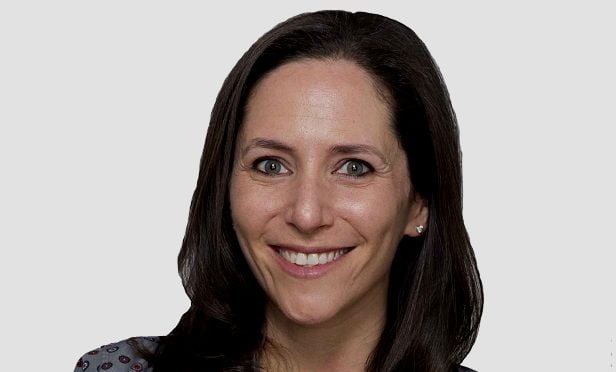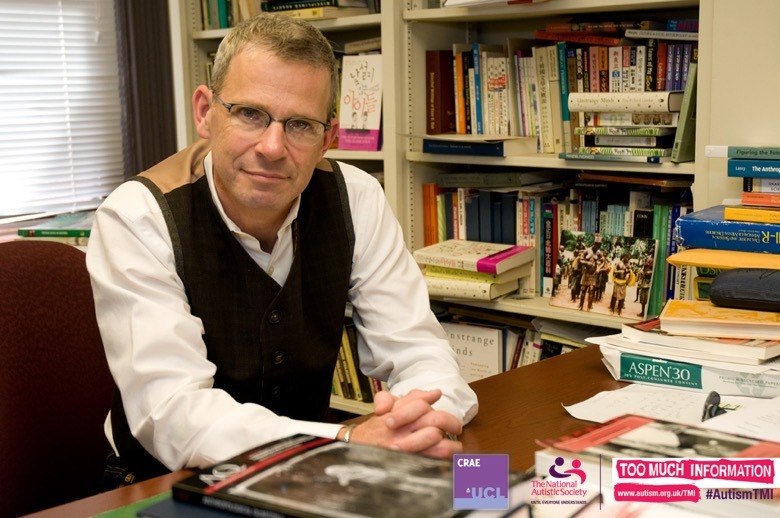EP 438 Pardon Me, Mr. President
In the finals days of the Trump Administration, the President attended primarily to one piece of business, the handing out of pardons. We were told that Donald Trump liked this power because it was virtually absolute. Others felt he he used it to keep authorities away from his front door when he became Citizen Trump by offering reprieves to those who could bear witness to any of his wrongdoing. It is an awesome authority granted to the President in the Constitution and was meant to show mercy for those who were treated unfairly by the system, not to enhance the power of the President, like a monarch, to benefit friends and allies. Mark Osler, Professor of Law, at the University of St. Thomas in Minneapolis is a scholar in this field and gives us the most granular view of clemency that you are likely to hear. How did it come about? Can a President self pardon? Have presidents used it wisely and in what ways? Has the power grown with the onset of the Imperial Presidency over recent decades? And how can we reform the process when the Constitution leaves little room to abridge this power granted to the chief executive? If news coverage has whetted your appetite about this prerogative, take a listen.
Podcast: Play in new window | Download








